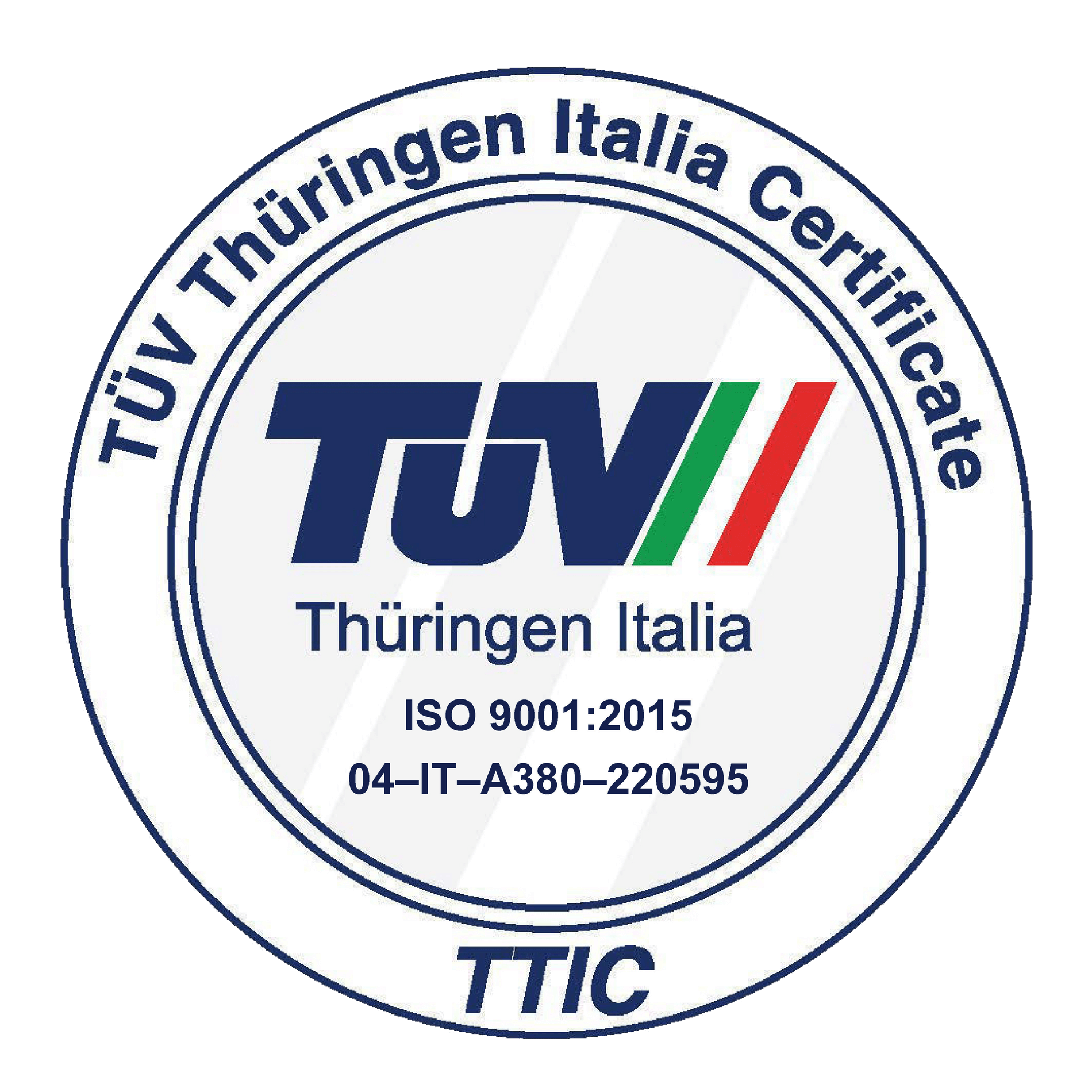Are you an SME working in the healthcare biotechnology sector?
Europe can support your innovative idea with a dedicated call on the theme:
Specific Challenge: The healthcare biotechnology sector offers huge business and commercial opportunities; however it also requires heavy and risky investments which are often lacking in Europe, hampering the development of the industry.
The challenge includes either:
a) Cell technologies in medical applications
Cell technologies include cell manufacturing (culture, multiplication, scale-up and automation), preservation, banking and transport; identification, cell sorting and delivery, imaging, tracking, process and quality control; genetic engineering and gene editing;
production of therapeutic biomolecules. The medical applications of cell technologies include diagnostics and biosensors; cell and gene therapy, tissue engineering, bio-artificial organs, haematology, immunotherapy, and vaccine and antibody production; predictive toxicology, synthetic biology, and modelling development and disease processes.
However, the diversity, complexity and variability of living cells pose challenges for bringing safe, reliable, regulatory-compliant and cost-effective products to the market and to the patient. SMEs developing cell-based products and processes have limited financial resources to take the critical steps to move from proof of concept to practical application while at the same time addressing considerations such as scale-up/scale-out, automation, logistics, regulatory pathways and business models.
Particular attention should be given to dialogue with regulators and compliance with safety and regulatory requirements, such as those pertaining to cell procurement, GMP, ethics, clinical trials, ATMPs and medical devices.
The challenge addresses cells from any eukaryotic source though their eventual application must be to human medicine.
Or:
b) Clinical research for the validation of biomarkers and/or diagnostic medical devices
Biomarkers are used in clinical practice to indicate both normal and pathological conditions.
They are also used for predictive or prognostic purposes. They are being used increasingly in medicine and many potential new biomarkers are proposed every year. However, only a few of these have been validated for clinical use. To achieve validation a robust analytical method is required and a link to a pertinent clinical process or endpoint needs to be demonstrated.
This validation process should provide evidence for high analytical value, appropriate sensitivity and specificity, and clinical validity. Particular attention should be given to validation of biomarkers with potential for rapid uptake into clinical practice. Both in vivo and in vitro potential biomarkers are eligible. Priority is given to the validation of disease-related biomarkers (i.e. diagnostic, susceptibility/risk, monitoring and prognostic biomarkers).
Validation of the clinical performance of new diagnostic devices can also be supported, either in combination with the biomarker validation or against existing standards.
Want to know more?
Join us at WeWork Devonshire Square in London, from 4th to 8th July for the RESOLVO Free Feasibility Week.
